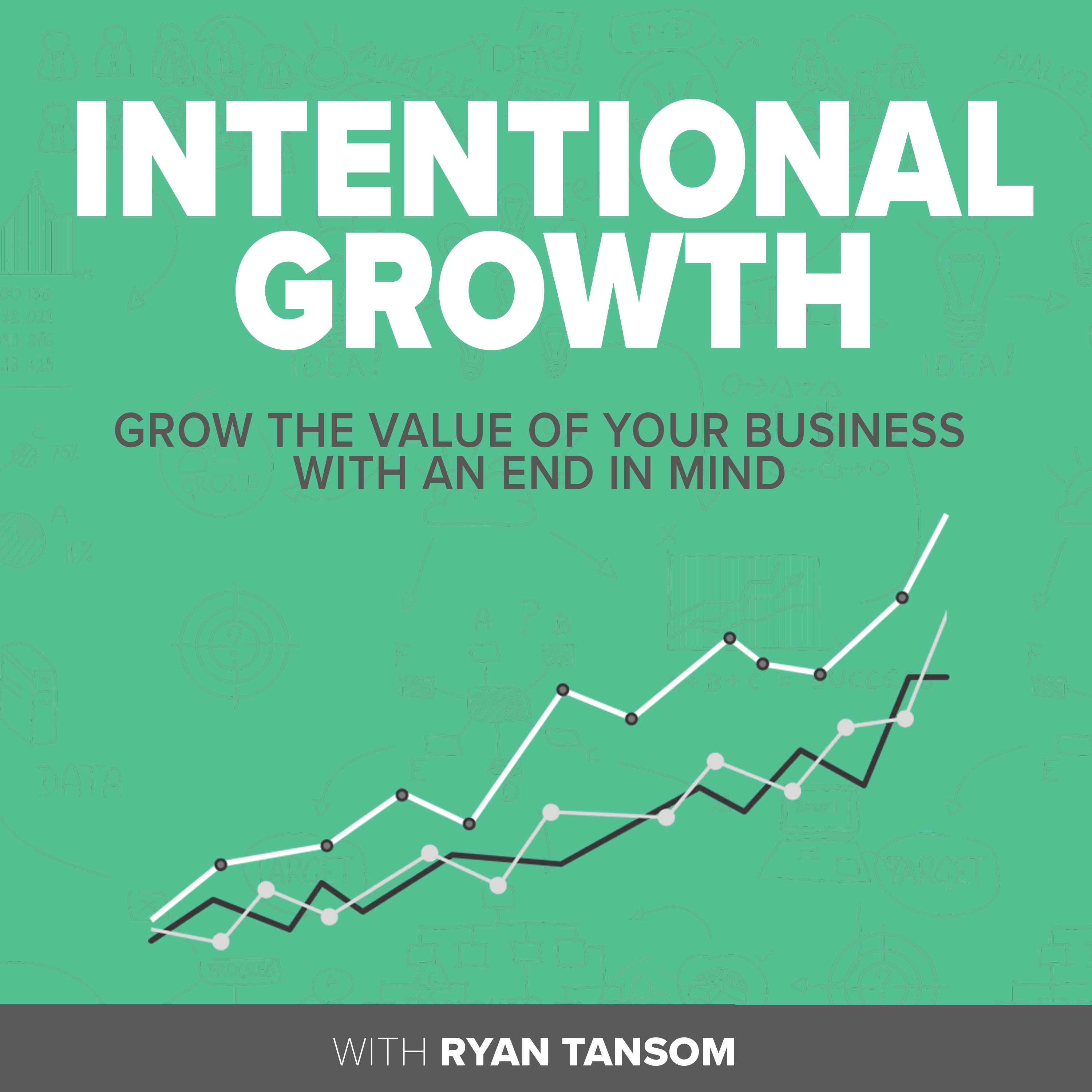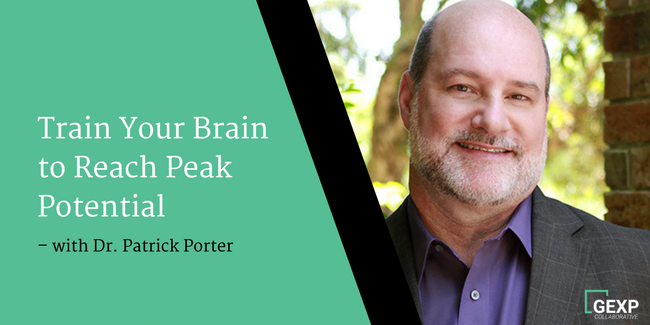My guest today is Chris Yeh, entrepreneur, investor, writer, and mentor with two Bachelor’s degrees with distinction from Stanford University and an MBA from Harvard Business School, where he was a Baker Scholar. Chris co-authored the New York Times best-seller The Alliance as well as the book Blitzscaling with Reid Hoffman (co-founder of LinkedIn). Chris wrote Blitzscaling with Reid to explain how some of the largest companies in the world like Amazon, AirBNB, and Uber use a very specific set of offensive, competitive strategies that prioritize speed to achieve massive scale at incredible speed.
In this episode, Chris is going to demystify what some of the world's most valuable companies did in order to reach their highest highs and then break down his concept of blitzscaling. He’ll even go over the principles and methodologies in his book and how they apply to any idea or business. We’ll break down the different principles and methodologies in the book and how they can apply to any idea or business.
Chris Yeh is a writer, investor, and entrepreneur who has had a ringside seat in the world of startups and scaleups since 1995. He has authored such books as The Alliance and Blitzscaling (co-authored with Reid Hoffman of LinkedIn), the book that explains how to build world-changing companies like Amazon, Alibaba, and Airbnb in record time. His books help founders, venture capitalists, corporate leaders, policymakers, and everyday people better understand how the internet has changed the way we work together to build amazing organizations.
13:20 - “It really is the case that these feedback loops are getting stronger and stronger. [...] The feedback loop of talent and capital. We’ve seen this happen. Companies that breakout to an early lead find it much easier to attract great talent and the follow-on capital and that’s because people love a winner.” - Chris Yeh
13:53 - “Think of the number of millionaires that have been minted by the Facebooks and the Googles and the AirBnBs of the world.” - Chris Yeh
14:40 - “There’s a little bit of a controversy there because the term Blitzscaling is explicitly modeled on the term Blitzkrieg, which you may remember from your history lessons of WWII. It’s the concept of a lightning war, where your forces go out ahead of their supply line, and is moving faster than anyone is possibly anticipating. It’s a high risk, high reward strategy.” - Chris Yeh
16:00 - “The associations with blitz are very different but they all share the same thing. When you hear the word blitz–whether you’re thinking about it from a historical perspective or a modern sports perspective– you’re thinking about taking a risk and really going for it.” - Chris Yeh
30:15 - “I think a big part of [successfully breaking out of that traditional mold] is having comfort with uncertainty and risk.” - Chris Yeh
32:56 - “The piratical approach has been long worshipped at Silicon Valley. Now we are very careful to distinguish between the lovable rogue and the sociopathic killer.” - Chris Yeh
36:56 - “You have to adapt and adjust. What happens is, as you grow your company, you’ve got these marines that have taken this beach for you, you’ve got to find them another beach. Cause taking a bunch of marines and telling them, ‘Now you’re going to be cops.’ Bad idea.” - Chris Yeh
42:38 - “When you grow quickly, all the normal processes break down.” - Chris Yeh
43:20 - “The reason that culture is important is because when a company grows that quickly, the founder can’t be everywhere. There’s not just enough you to go around. In order for people to make the right decisions when you’re not there, you have to be able to build a culture.” - Chris Yeh
“Blitzscaling 08: Eric Schmidt on Structuring Teams and Scaling Google” Youtube Video
Mastering Your Cash Flow Digital Course
Reach out to me if you have questions about the boot camp!
You can also reach out to me via email at [email protected], or on my LinkedIn.

If you’re acquiring a business, immediately overhauling the way the company operates is not likely going to be the most effective strategy. Unless the...

Chris accomplished what many entrepreneurs strive too and is willing to share what strategies grew value, his successes along the way and what he...

Dr. Patrick Porter is an entrepreneur, award-winning author, speaker, consultant, and the creator of BrainTap Technologies which uses technology to reformat how the mind...